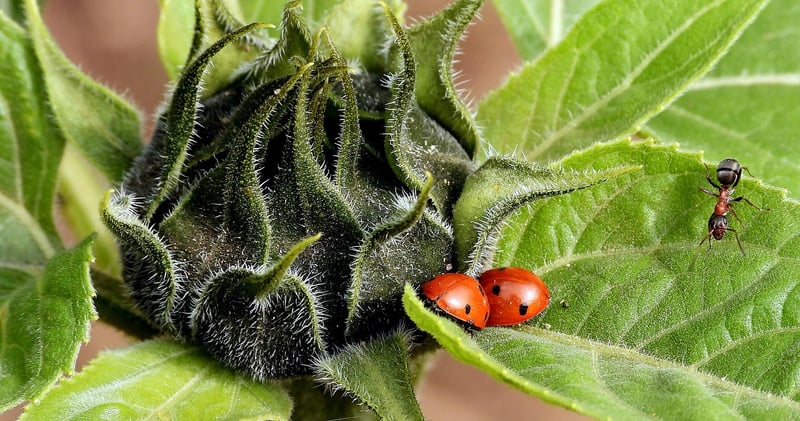Pest Control
Keeping Your Garden Healthy: Pest Control Tips
Having a beautiful garden is a source of joy for many homeowners, but maintaining its health can sometimes be a challenge, especially when dealing with pests. Here are some effective pest control tips to help you keep your garden thriving.
1. Identify Common Garden Pests
Before you can effectively control pests in your garden, you need to identify them. Common garden pests include aphids, snails, slugs, caterpillars, and spider mites. By knowing what you're up against, you can choose the most appropriate control methods.
2. Use Natural Predators
Introducing natural predators like ladybugs, lacewings, and praying mantises can help keep pest populations in check. These beneficial insects feed on common garden pests, reducing the need for chemical interventions.
3. Companion Planting
Planting certain herbs and flowers alongside your vegetables can help repel pests. For example, marigolds can deter nematodes, while basil can keep mosquitoes and flies at bay. Research companion planting techniques to create a pest-resistant garden.
4. Neem Oil Spray
Neem oil is a natural insecticide that can effectively control a wide range of garden pests. Mix neem oil with water and a few drops of dish soap, then spray it on your plants to deter pests and prevent infestations.
5. Organic Pest Control Sprays
Homemade organic sprays using ingredients like garlic, chili peppers, and soap can be effective in controlling pests. These sprays are safe for the environment and can help protect your plants from damage.
6. Regular Inspections
Regularly inspecting your plants for signs of pest damage is crucial for early intervention. Look for chewed leaves, yellowing foliage, or sticky residue, which are indicative of pest presence. Prompt action can prevent widespread infestations.
7. Clean Garden Practices
Keeping your garden clean and free of debris can help eliminate hiding spots for pests. Remove weeds, fallen leaves, and decaying plant matter regularly to reduce the likelihood of pest infestations.
8. Mulching
Applying mulch around your plants not only helps retain moisture and suppress weeds but also acts as a barrier against certain pests. Mulches like cedar chips or straw can deter slugs and snails from damaging your plants.
By implementing these pest control tips, you can maintain a healthy and thriving garden without resorting to harsh chemicals. Remember that a balanced ecosystem is key to managing pests effectively while promoting biodiversity in your garden.

For more information on pest control and gardening tips, visit Royal Horticultural Society.
